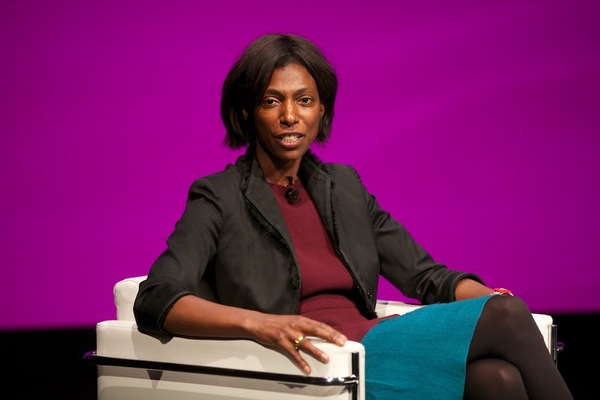Ofcom: the BBC's first external regulator
Ofcom built its reputation as a high-powered competition and market-oriented communications regulator. It is capable of facing down telecoms titans, mobile-merger tycoons and the ambitious Murdoch family.
But, as it starts the run-up to becoming the BBC’s first external regulator, it faces the need to change its culture and skills base.


